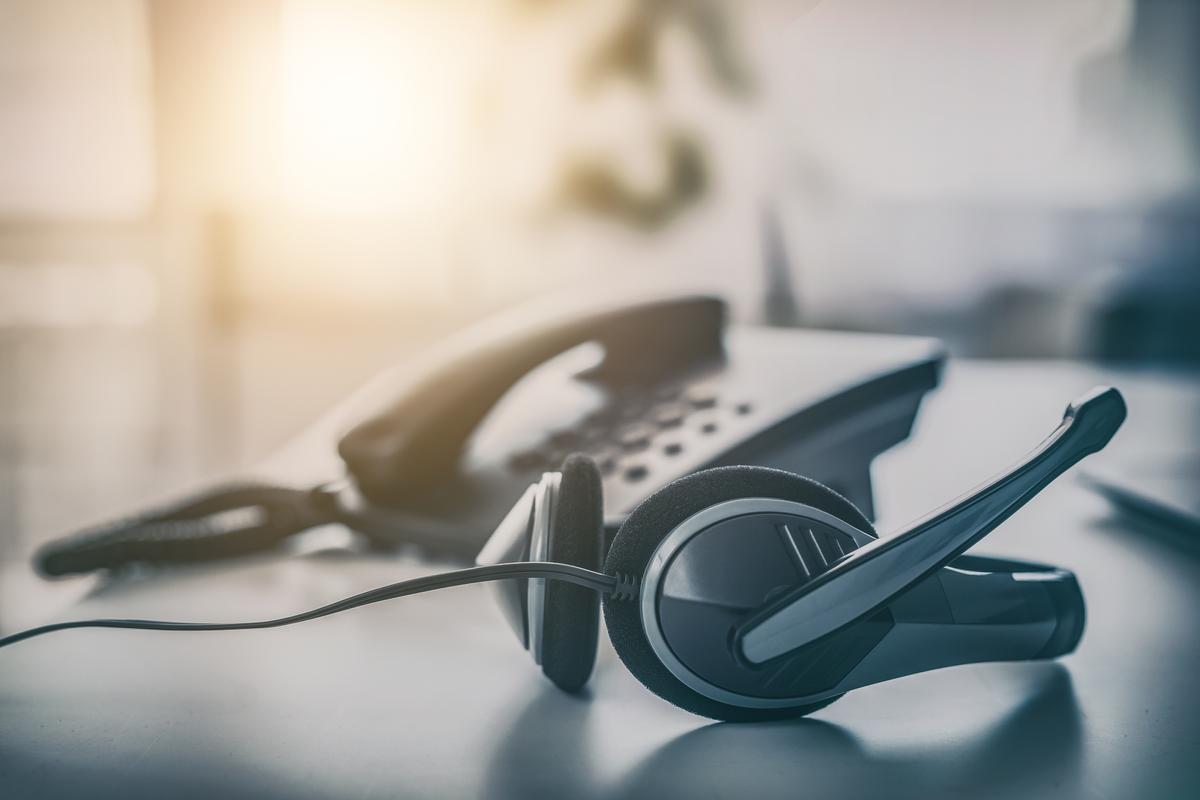If you’re using VoIP for business calls, it’s crucial to understand how hackers can attack your system and what steps you can take to prevent a security breach. This includes implementing password best practices, requiring remote device management, and reviewing call logs for unusual patterns. Hackers are most likely to attack during night hours and on weekends. A robust, SaaS-based solution can help protect your phone system and reduce costs.
Encryption
Any data transmitted online is vulnerable to hacking, including your VoIP conversations. Fortunately, you can protect your voice communications with encryption technologies.
Encrypting your VoIP data means coding each voice packet with a secret code only the intended recipient can decode and listen to. Anyone else who intercepts the data will only hear gibberish. This first line of defense prevents unauthorized users from using your VoIP system for fraud. It also helps prevent eavesdropping on private conversations and sensitive business information. Some VoIP providers even offer detailed call reporting to help you detect abnormal activity that might indicate a breach. Ooma guide: improving VoIP phones is another resource you may use. Using this knowledge, You can better understand how to increase your VoIP phones’ functionality.
Firewall
The signaling component of your VoIP system carries information about calls between devices. Encrypting this data helps prevent hackers from intercepting and manipulating calls. The media component, meanwhile, comprises the actual voice data transmitted between phones. Ensuring this data is encrypted protects your business from cyber-attacks, such as vishing and phishing.
IPS (intrusion prevention systems) and firewalls help monitor and filter outgoing and incoming VoIP traffic based on predetermined security rules. They can even detect unauthorized VoIP activity. Restricting access, implementing strong password policies and encouraging employees to use two-factor authentication can drastically reduce the risks of data breaches. Similarly, ensuring employee accounts are deactivated after they leave your business is another essential best practice. Regular network monitoring can further mitigate these risks.
IPS
While VoIP systems provide great advantages over traditional phones, they are vulnerable to the same data network attacks that can impact any business. These attacks can result in toll fraud, eavesdropping, and hacking into voicemail messages. Using the right tools and best practices can help mitigate these risks and ensure your VoIP system remains secure. These best practices include:
Educating users on security practices is essential. Please encourage them to use strong passwords with lowercase and uppercase letters, numbers, and non-alphanumeric symbols. Also, remind them to update their desktop and mobile phone passwords regularly and never store them in text files or Post-It notes. Lastly, ensure that the NAT feature is enabled to protect your VoIP devices from hackers by masking their public IP addresses within your local network.
NAT
NAT is an essential tool that secures VoIP devices by giving them a private IP address only visible on your local access network. It prevents outsiders from identifying your device and hacking your system.
SDP conveys much information about the signaling channel, such as e-mail contact details and media channels (audio and video). By changing these parameters, hackers can cause interference or hijack calls.
SIP spoofing is an attack that allows a hacker to masquerade as someone else, for example, a high-ranking executive in your organization. It is easily performed by capturing and manually replicating register messages on the LAN. It can also be massively applied to redirect all calls for the entire enterprise to another entity. To protect against these attacks, audits of configuration files must be implemented, and a centralized logging server should be used.
Monitoring
Keeping your VoIP secure requires an umbrella of cybersecurity protocols. Ensure your network has robust firewall protections and employees are educated on security practices, including phishing scams, spoofing, malware, etc. Also, consider whether you require employees to use two-factor authentication for desktop phones or other devices like mobiles, laptops and tablets. And always encourage them to update operating systems and apply security patches often. Your business’s VoIP phone system uses data, which makes it vulnerable to the same kind of data network attacks as other business applications, such as e-commerce and customer support. In addition, it relies on an internet connection and is therefore vulnerable to network problems such as a power outage. You can help minimize the impact of these risks by prioritizing voice data over other network traffic.
